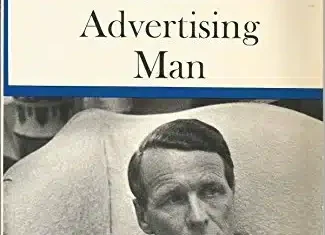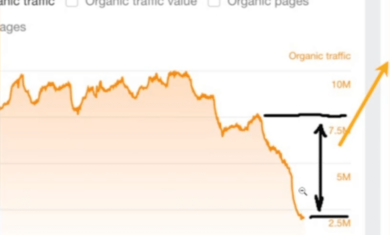Some of the funniest emails I get are from “SEO experts”, and I’m sure you get many of the same. My initial thought is “if they’re so good at SEO, why do they need to resort to spam?”.
Of course, they’re not any good at it, which is why spam becomes their tactic.
In a classic post from Seth Godin nearly a decade ago, he defines spam this way, and explains the wider repercussions if we agree to allow it as an acceptable way to do business:
Spam is commercial, unsolicited, unanticipated, irrelevant messaging, sent in bulk. It’s the email you didn’t ask to get, the junk in the comments that’s selfish and trying to sell something, the robocall on your cell phone from a company pretending to be Google Maps.
Some spammers will tell you that all you need to do is opt out. But of course, the very problem with spam is that it requires action on the part of the recipient, action that can’t possibly scale (how many times a day should we have to opt out, communicating with businesses we never asked to hear from in the first place?) People are smart enough to see that once spam becomes professionally and socially acceptable, all open systems fall apart.
Related is a post I shared this summer, where “marketers” on LinkedIn were upset that people were treating them poorly after they spammed them.
A recent episode of the excellent 2Bobs podcast brought this around again with a slightly different angle. From co-host David C. Baker:
“I’ve also just struck by something else you said about how other experts in your life show up. I’m just laughing as like, so who is the expert in your life? Maybe it’s a divorce attorney, or maybe it’s a medical practitioner, an expert, or maybe it’s somebody that’s trying to get you out of a tax issue or something, did any of these people call you ahead of time and ask for your business?”
Experts don’t spam you. They don’t send cold emails, or call your cell phone to try to win your business. When you need an expert, you know how to find them. If they’ve done a good job, they’re already in your sphere to some degree (like how we eventually landed with Blumer CPAs), making it an easy decision for you to reach out when you need them.
Related to David’s comment, I’ve never needed a divorce attorney, a medical expert, or help getting out of a tax issue, but I already know the first person that I’d call for each of those scenarios. None of them have ever spammed me, but they’ve positioned themselves as experts in their field so that when the time comes, I know who to call.
If an “expert” reaches out cold, you should quickly question whether they’re an expert at all.




